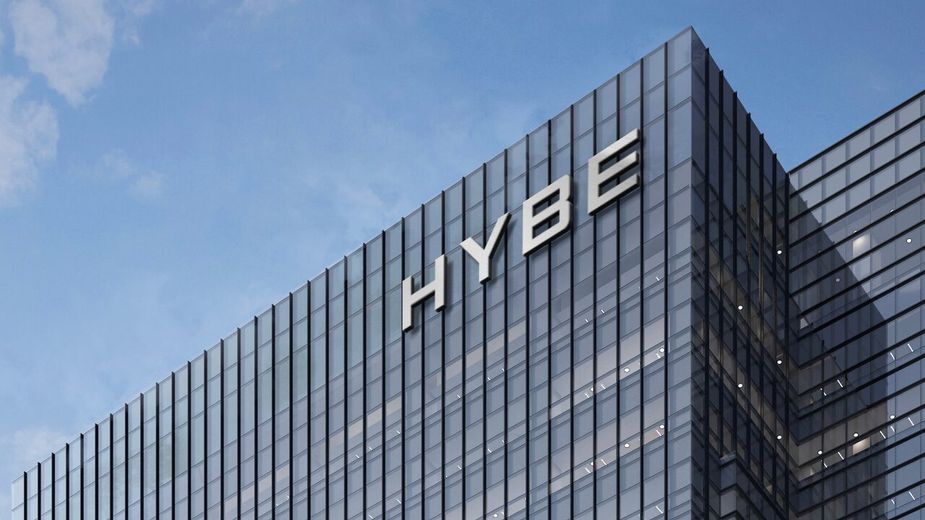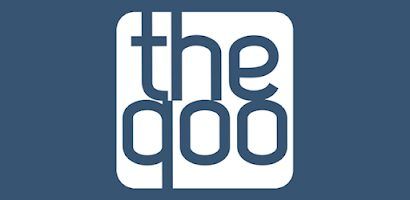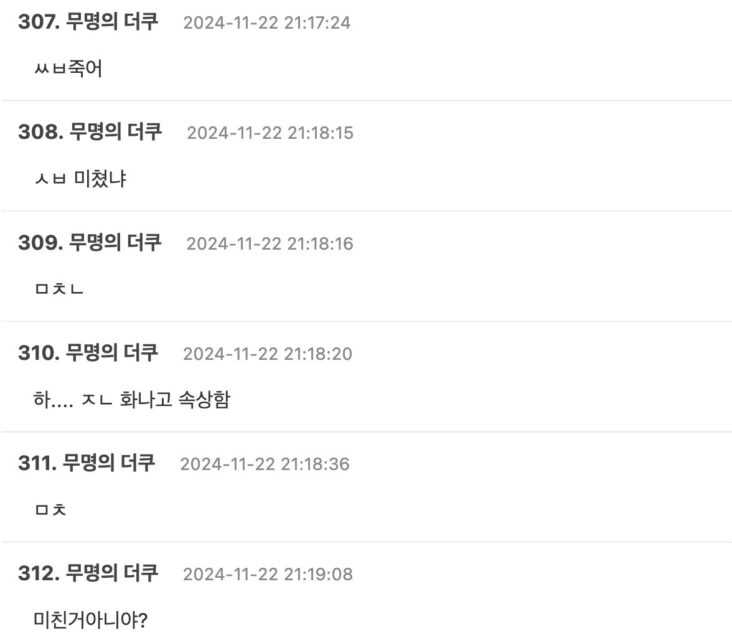SM Entertainment covertly hired a public relations firm to manipulate public opinion on online communities and forums during its management dispute with HYBE early last year, according to newly revealed information from TenAsia.
This marks the first instance of an entertainment company being found to have orchestrated and paid for public opinion manipulation against a rival.

Telegram conversations obtained exclusively by TenAsia reveal that on February 27 last year, SM Entertainment’s PR agency Astraphe created a chat room involving viral marketing employees and SM staff. This task force aimed to shape favorable public opinion for SM and disseminate negative information about HYBE.
The formal agreement between SM and Astraphe was for an advertising campaign to promote ‘SM 3.0’ on portals like Naver, with a contract amount of ₩1.38 billion KRW (about $ 994,000 USD). However, the contract extended beyond mere promotion. Astraphe suggested a “media mix” approach, including viral marketing, which was more costly than traditional banner ads.

SM initially claimed that the 1.38 billion won contract was solely for banner advertisements. However, conversations revealed that the focus was on viral marketing from the start. Following the contract date on March 1, discussions between SM staff and Astraphe became more detailed. An SM employee asked if they could quickly execute viral marketing for a new issue, to which Astraphe responded affirmatively.

The manipulation involved sharing favorable articles and spreading negative opinions about HYBE. SM provided detailed instructions, referred to as “angles,” on how to present these posts.

They aimed to raise concerns about the potential disappearance of artists under HYBE’s management and counter HYBE’s claims about their multi-label system. Additionally, SM sought to amplify anxieties regarding contract renewals, suggesting that artists might scatter to other agencies.
According to TenAsia, if SM had merely shared favorable articles, criticism might have been limited. The repeated requests from SM team leaders to quickly spread articles — including exclusive reports — might be seen as promotional activities. However, SM actively spread negative opinions about HYBE, increasing their responsibility.
If HYBE takes over, artists will be forced to disband.
— Most of the viral posts’ content

Viral marketing staff were instructed to break down the provided content and disseminate it across various communities and cafes.
As an SM fan, I think it could get worse if HYBE takes over. HYBE will demand management rights, and existing SM artists might not get opportunities.
— One of the agency’s posts on a fancafe
The viral marketing employees took significant measures to avoid detection. Conversations revealed that they criticized posts that sounded too much like paid requests and adjusted the tone accordingly. They shared links to posts on multiple cafes, including some that still exist, with content suggesting that HYBE’s takeover would be detrimental to SM artists.

The manipulation period is estimated to have lasted about a month, from when HYBE entered the acquisition race until they withdrew. In a conversation on March 21, it was revealed that SM’s representatives were advised to continue forming favorable public opinion even after HYBE announced their withdrawal on March 12.
In response to the report, SM Entertainment has defended their actions, stating that the online marketing activities were part of a legitimate communication effort to defend management rights and convey the company’s position to shareholders and stakeholders.
We conducted online marketing activities through an external agency to promote the SM 3.0 shareholder proposal and proxy solicitation website. The activities included sharing related articles in internet communities as part of a media mix proposal from the agency, with minimal impact on the overall campaign.
— SM Entertainment
Source: TenAsia







